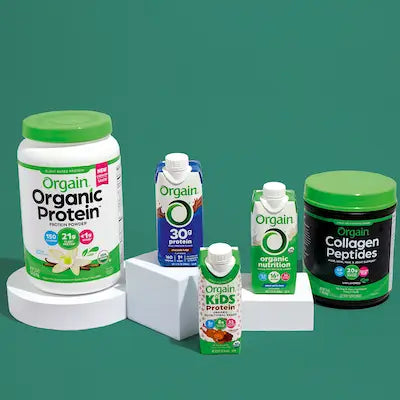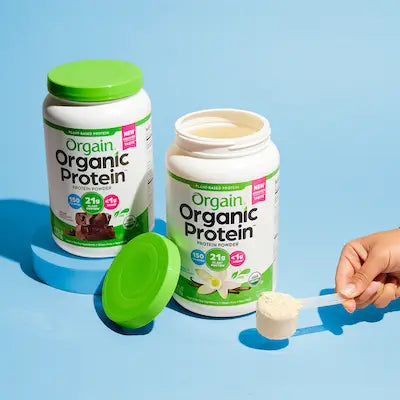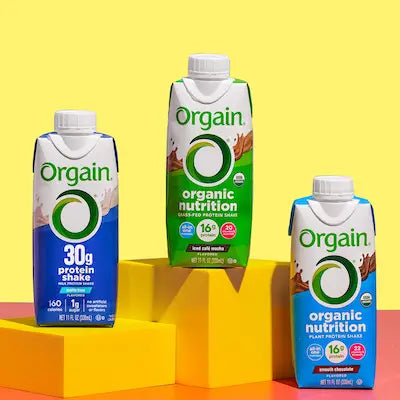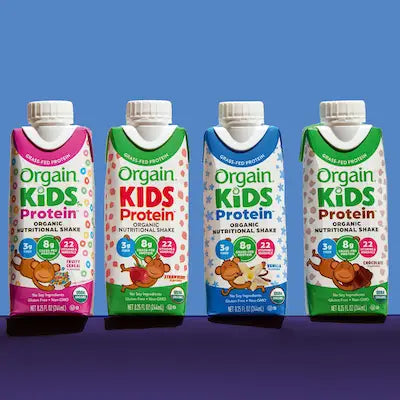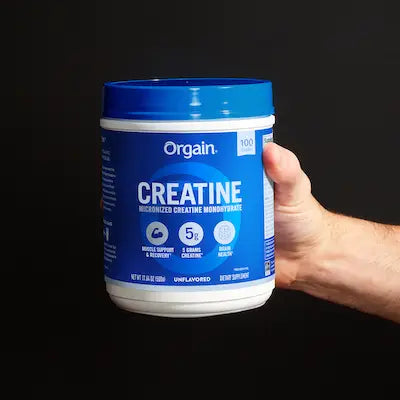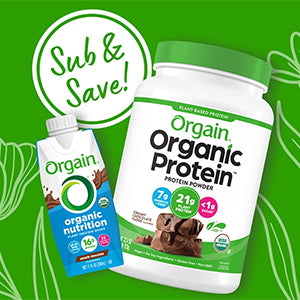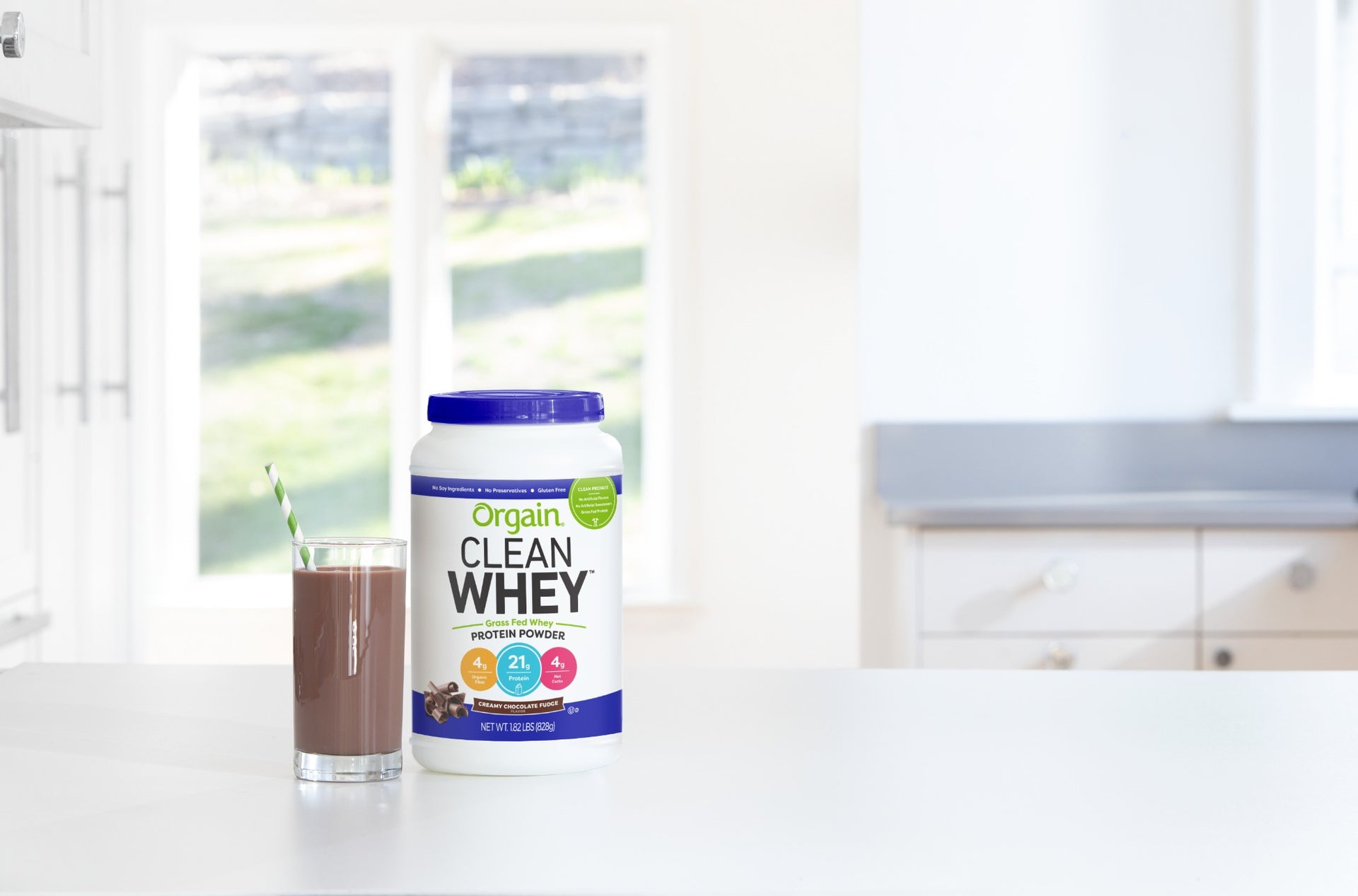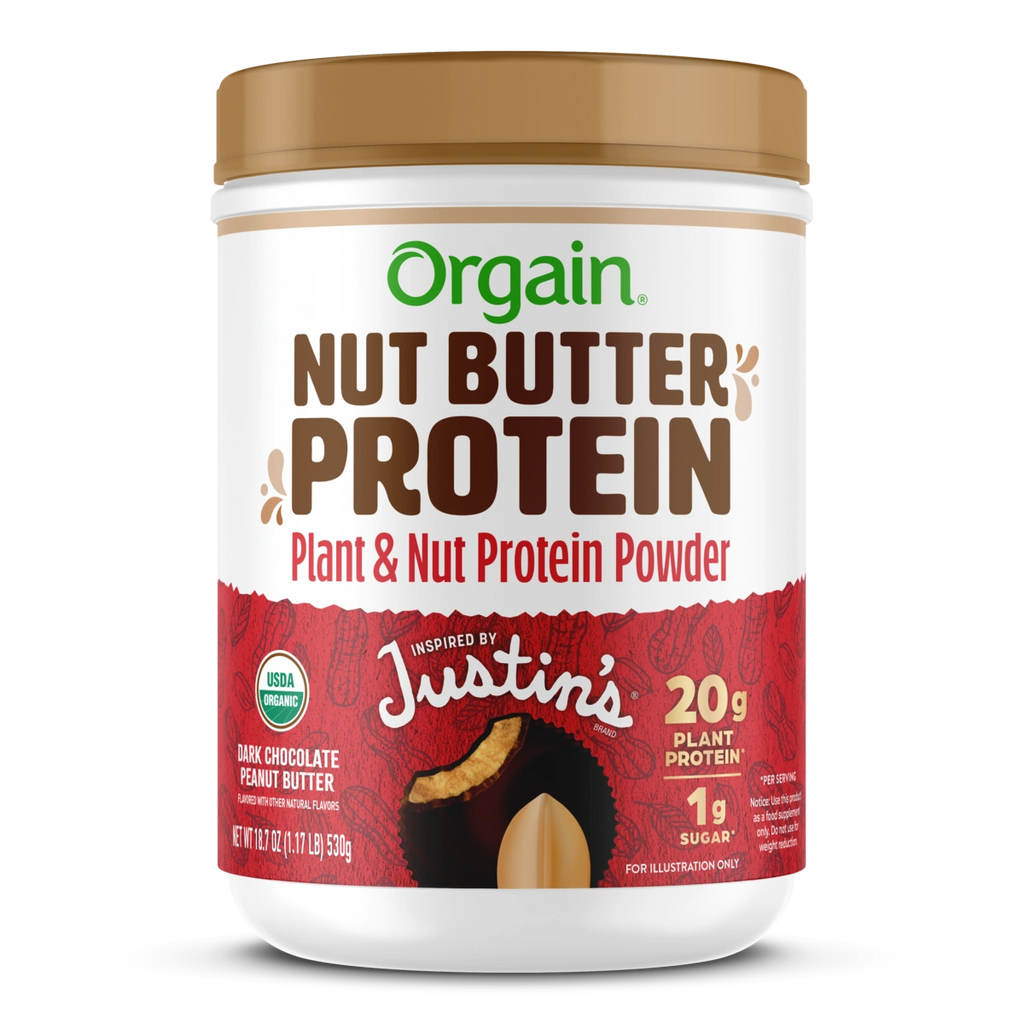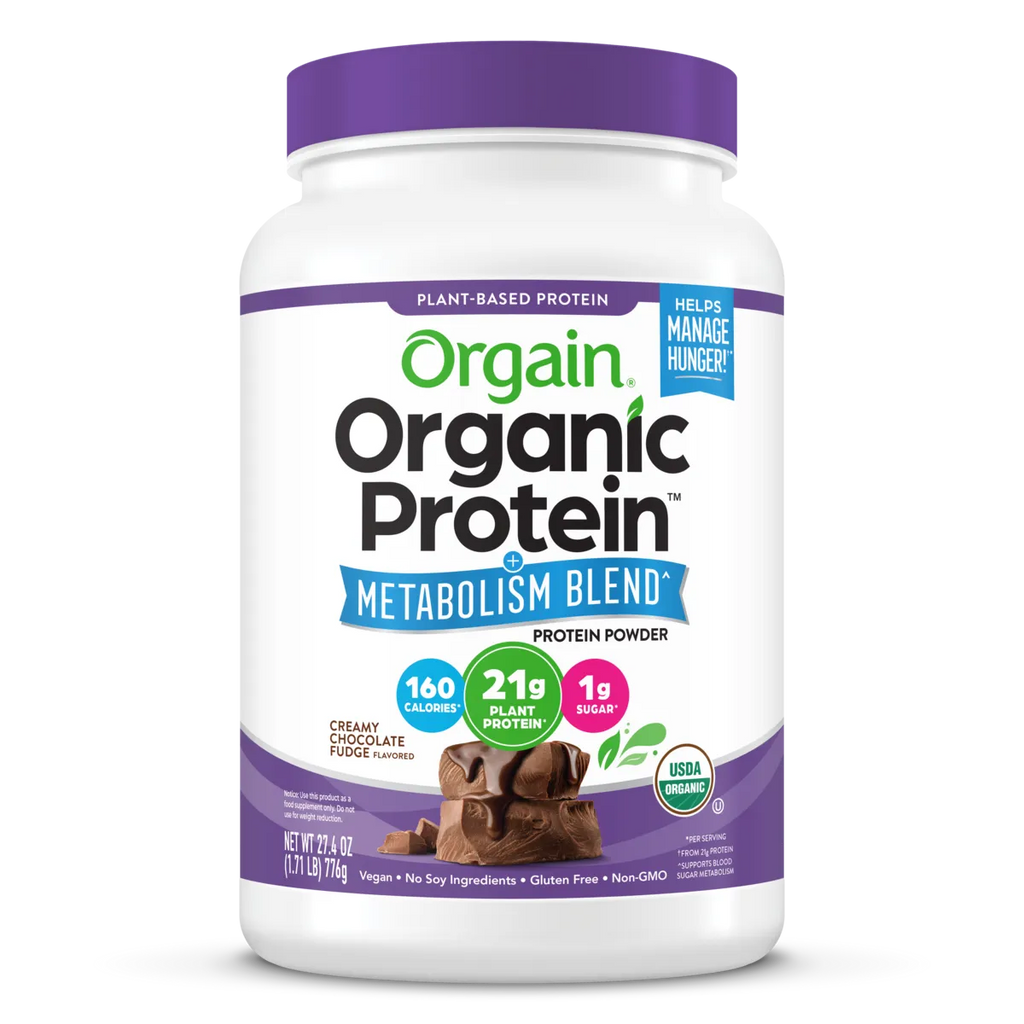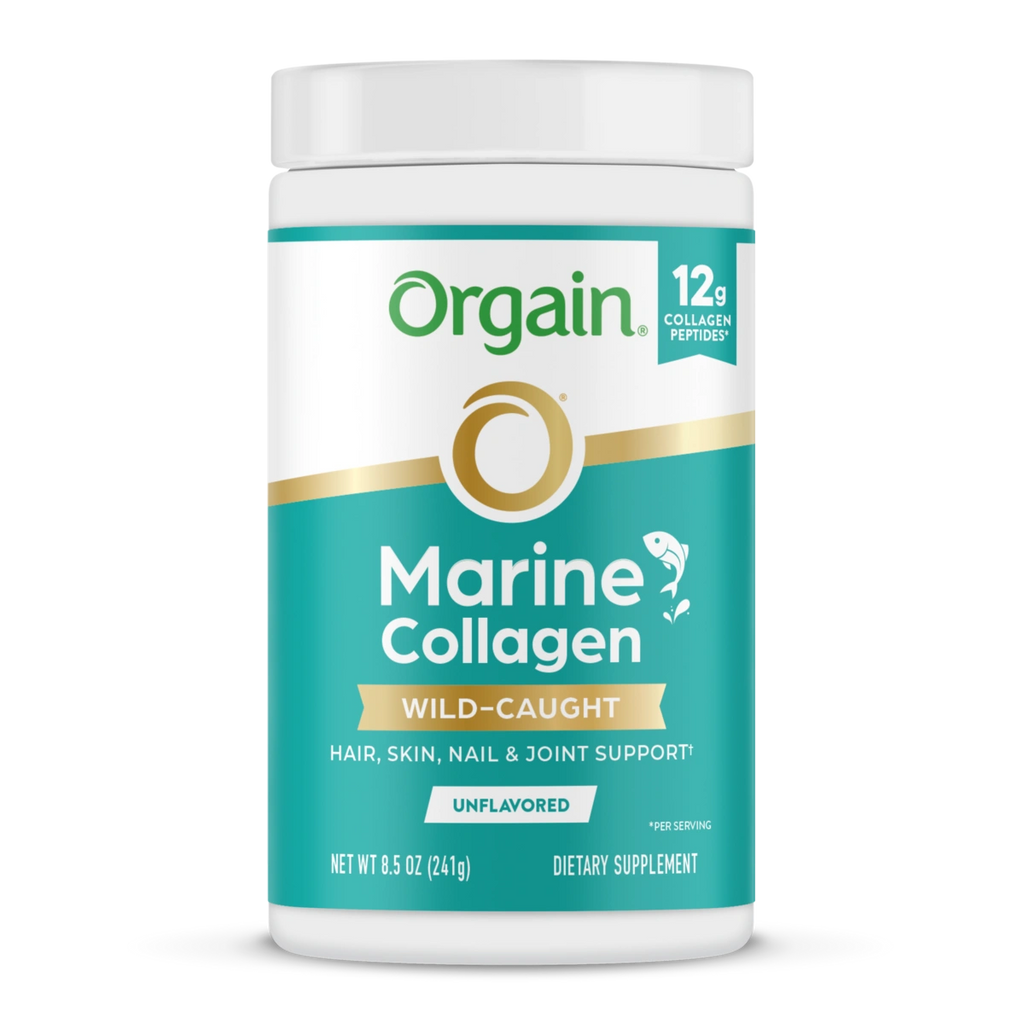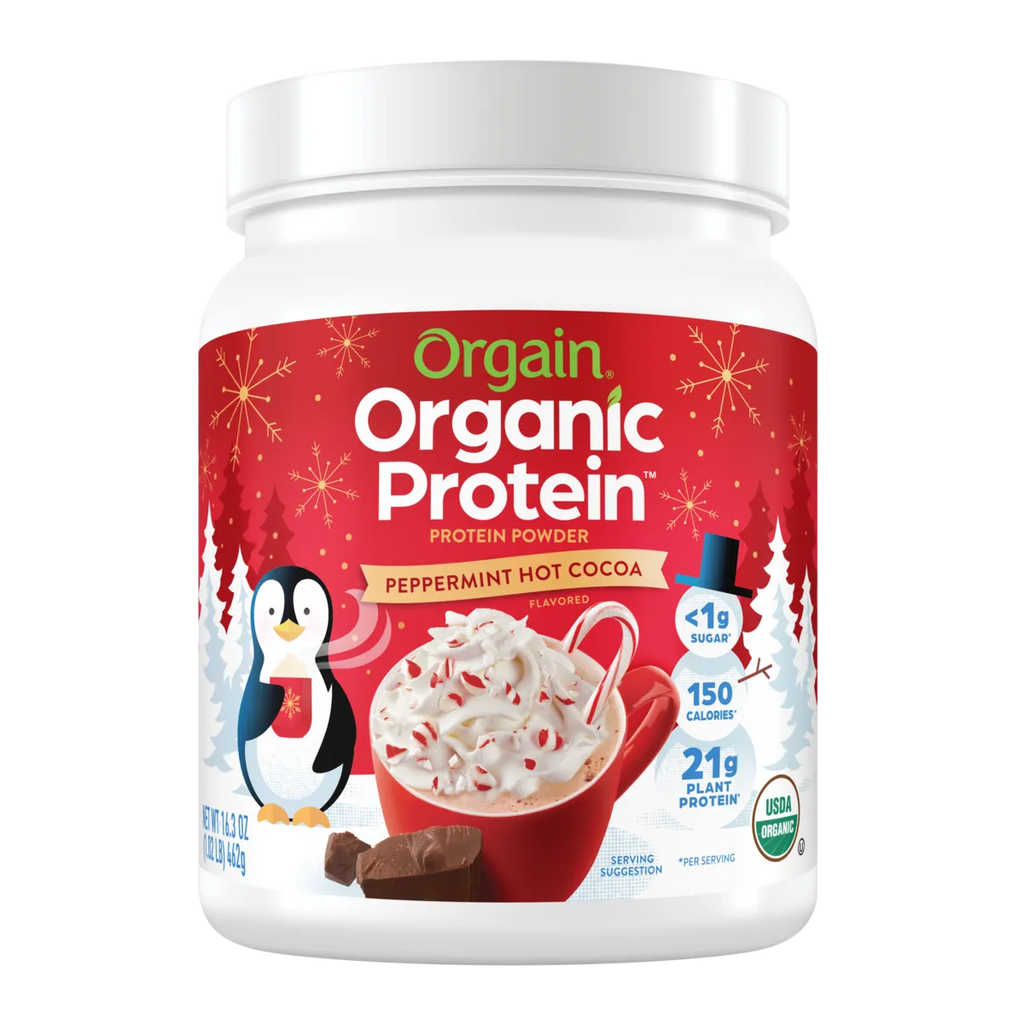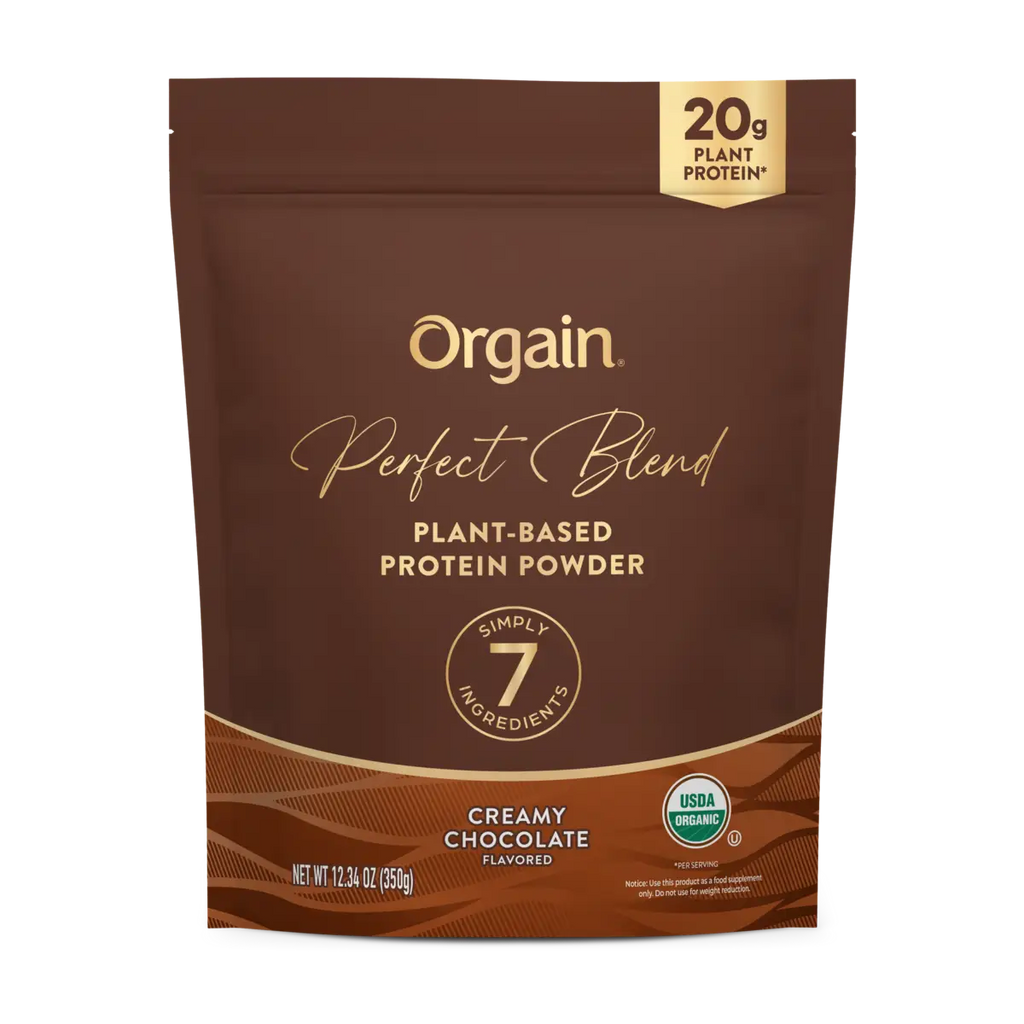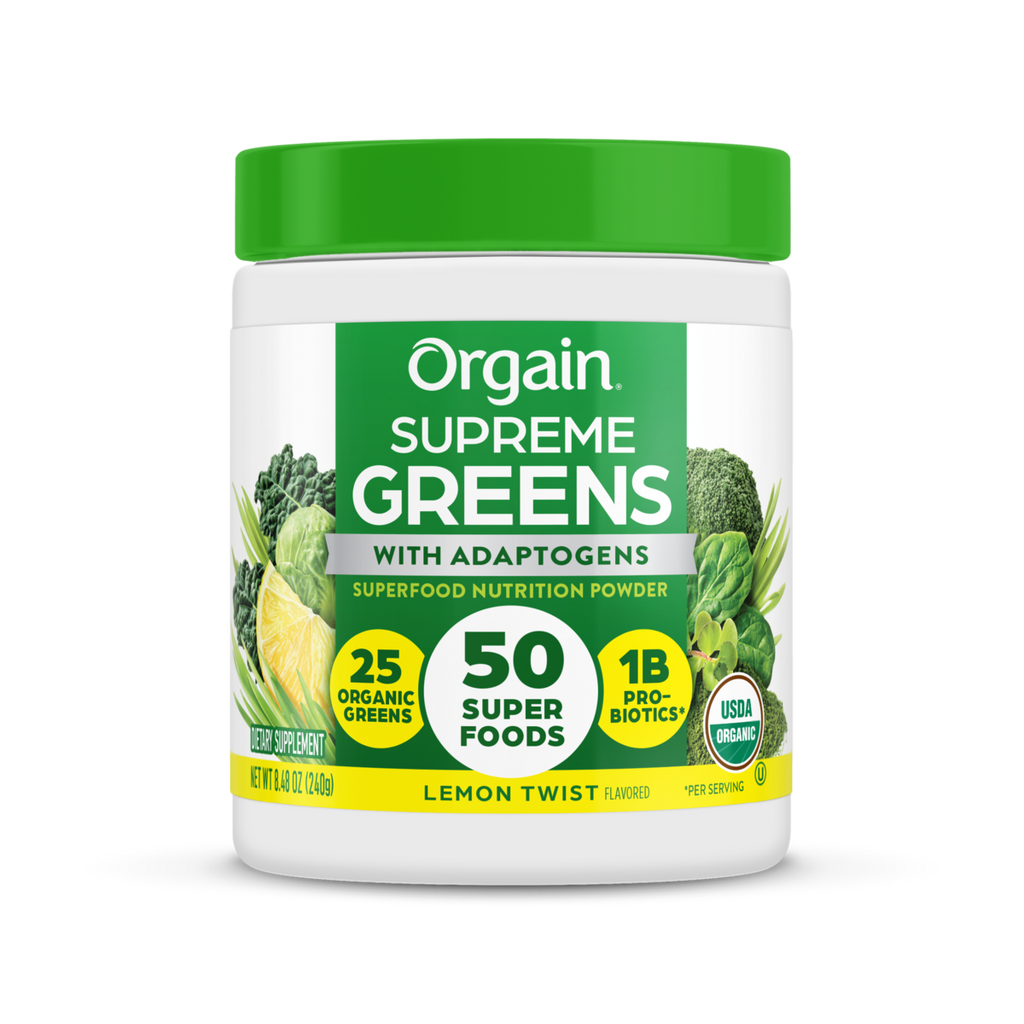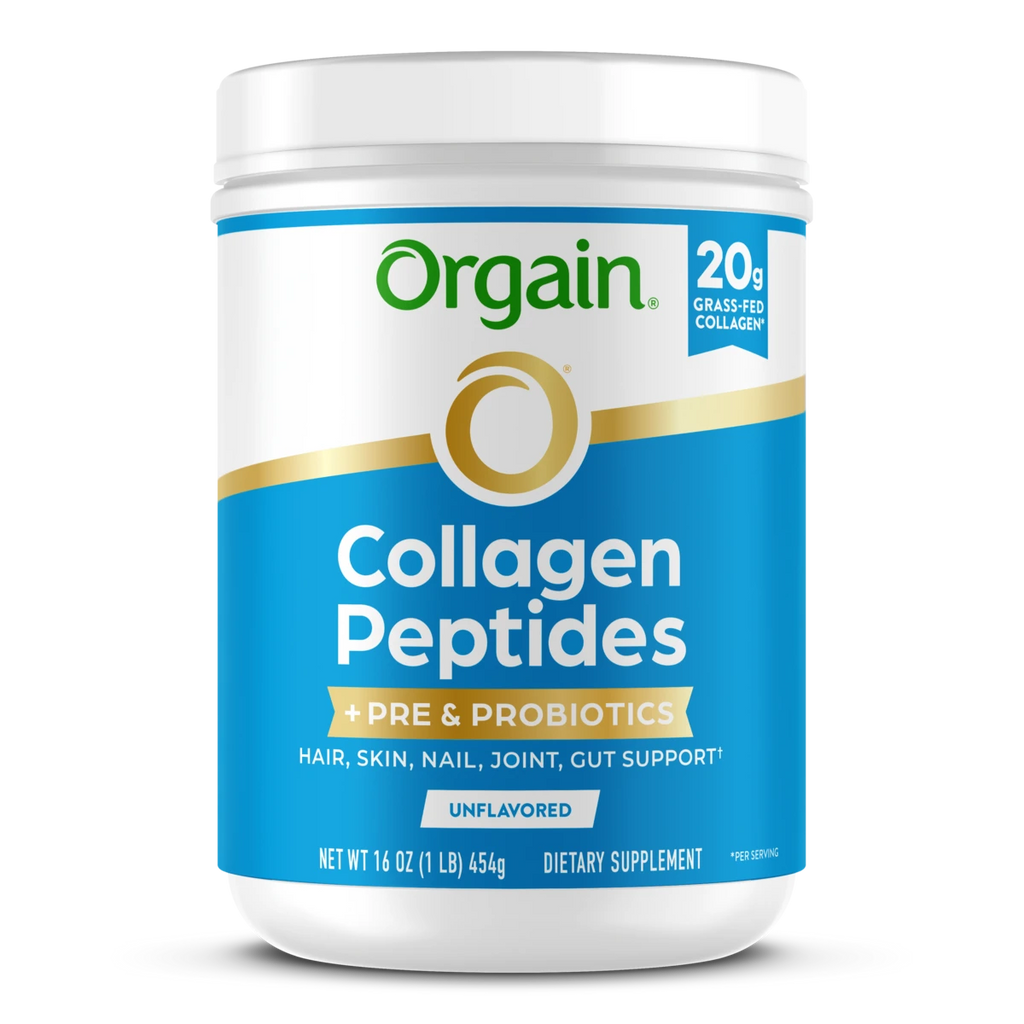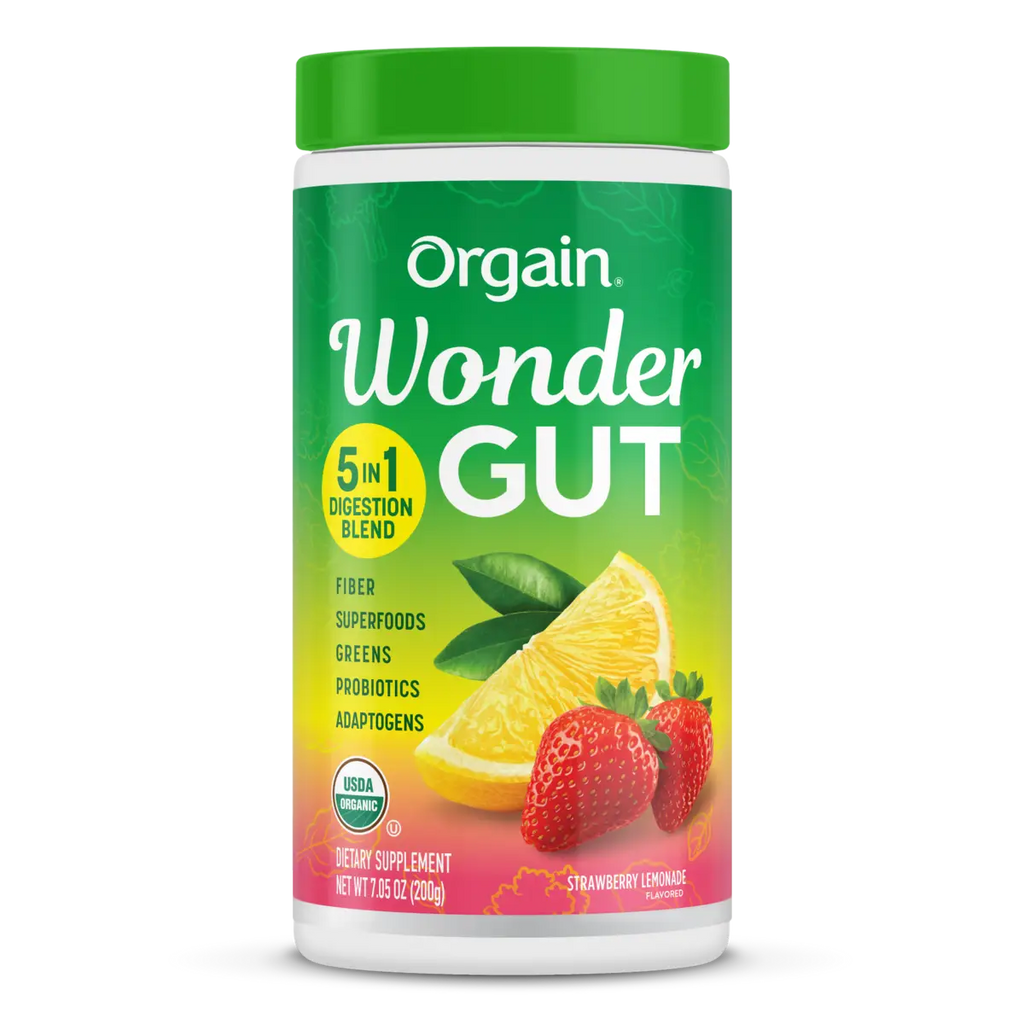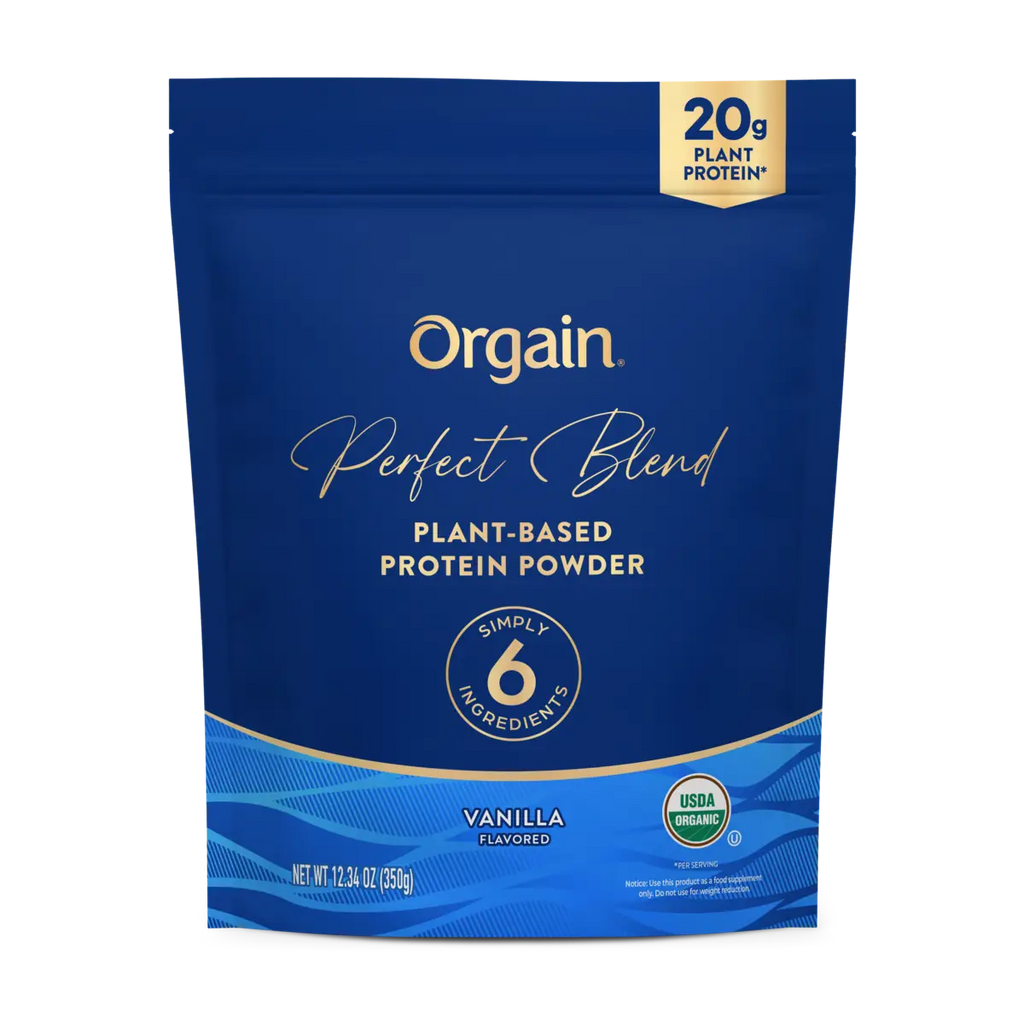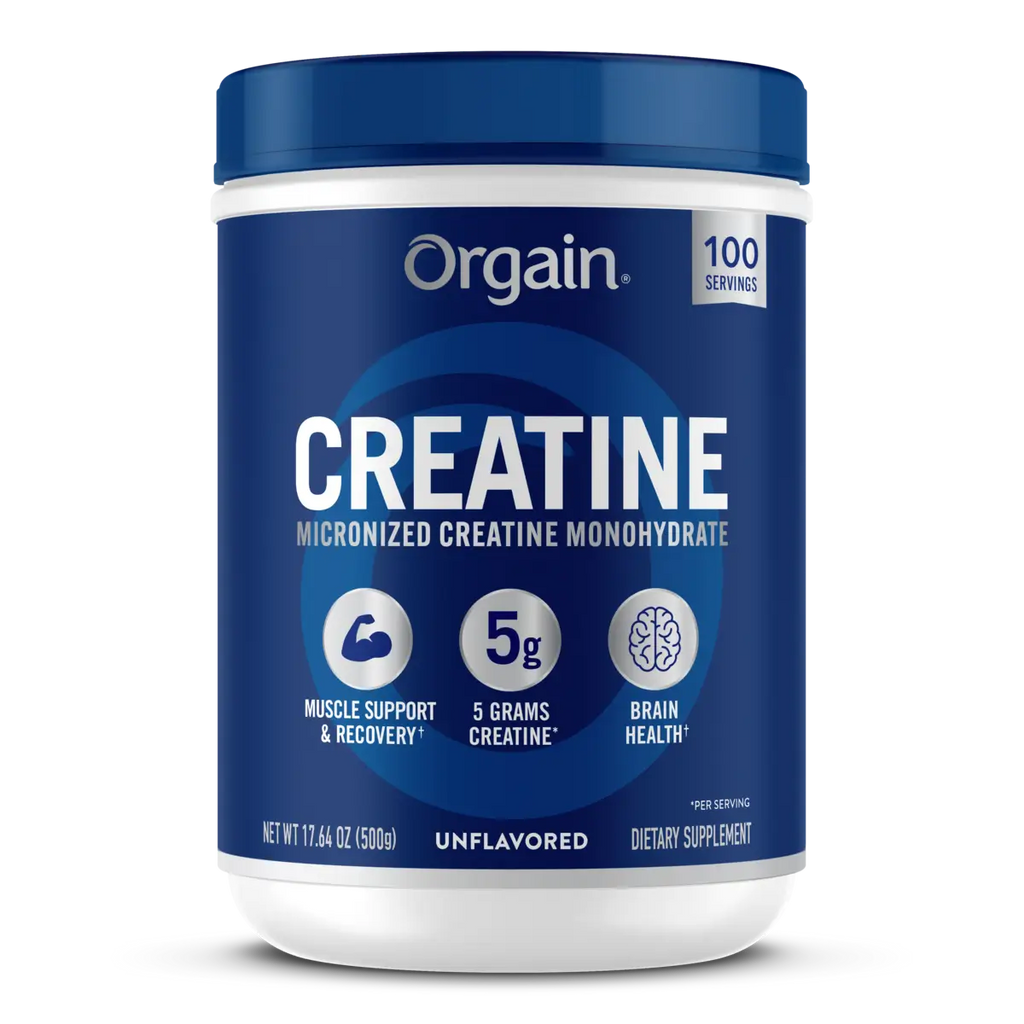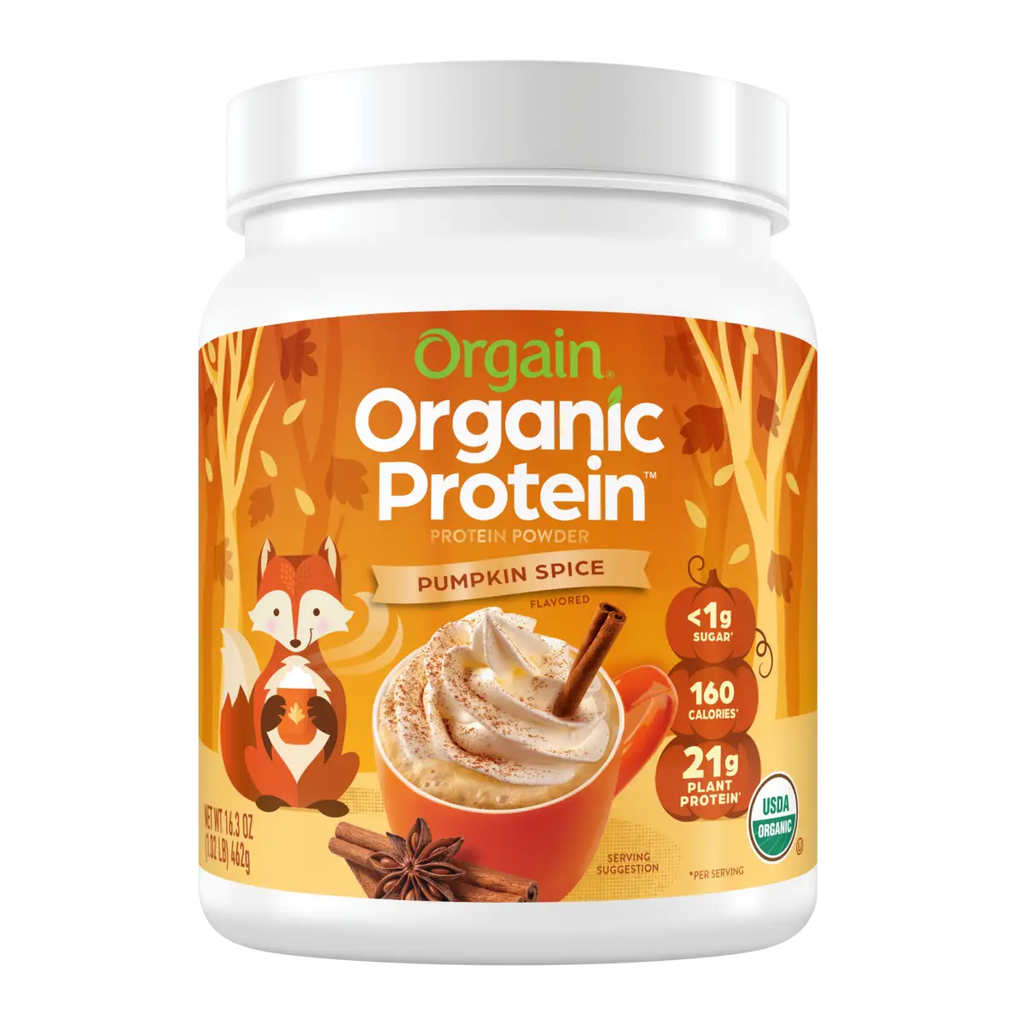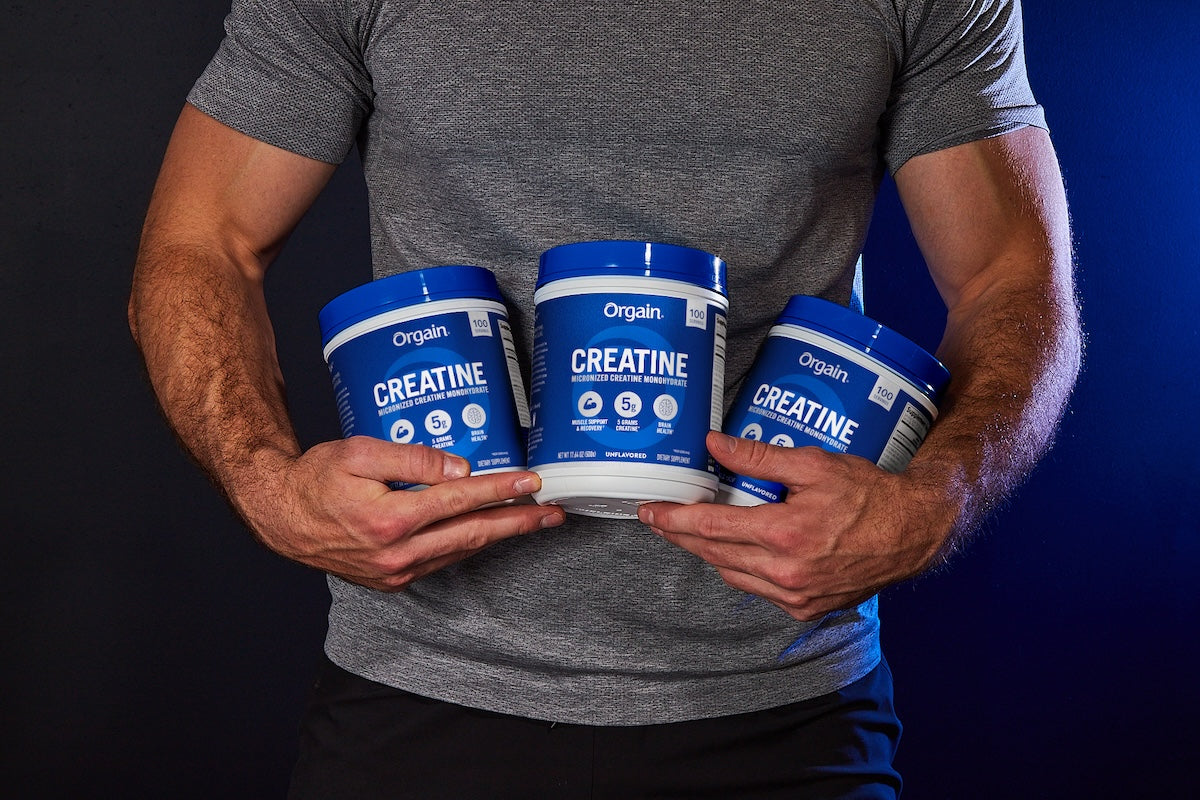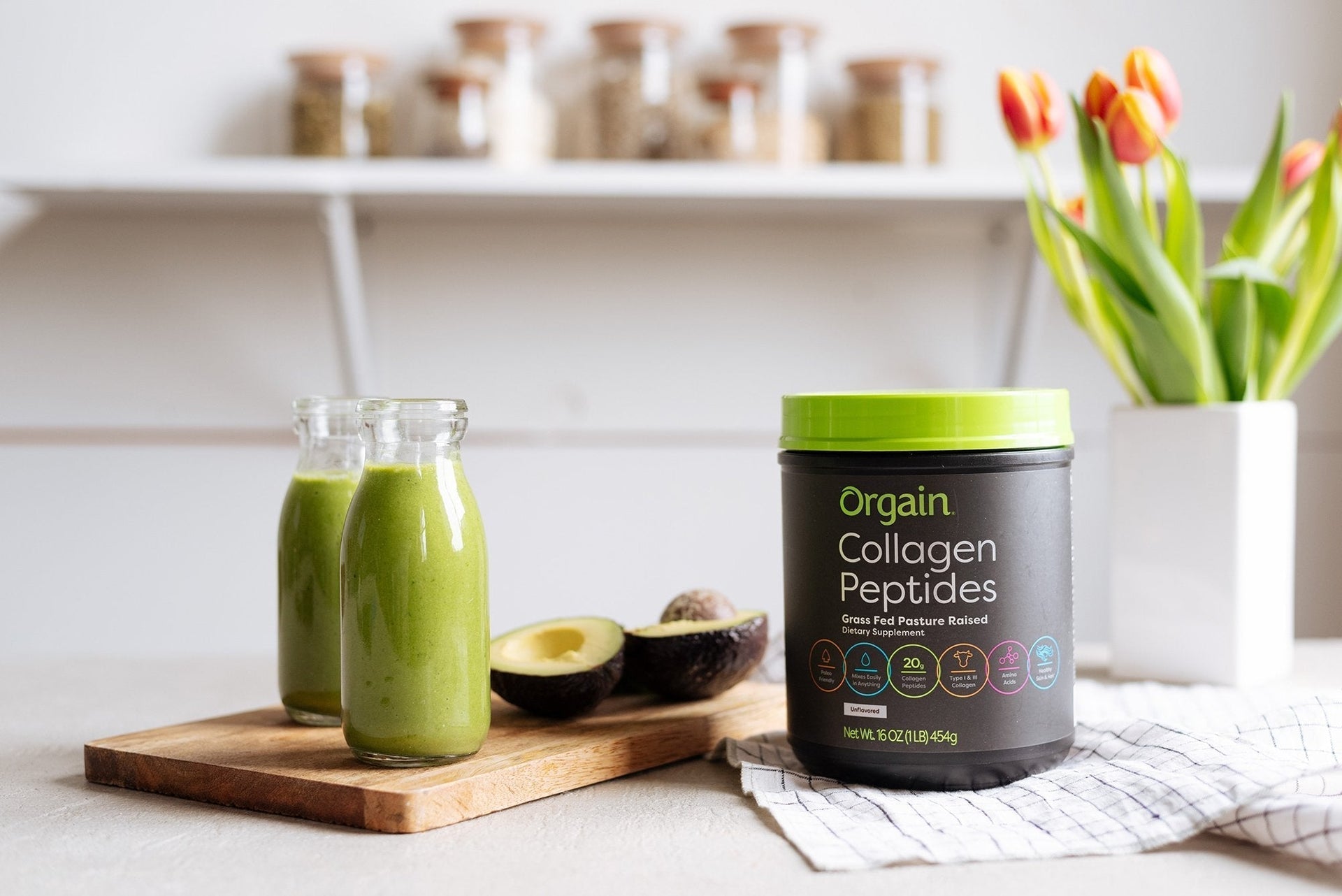If you’ve ever spent much time around a gym, you’ve undoubtedly seen people swigging protein shakes before and after their workouts. Those protein shakes are often composed of whey protein and help to promote the growth of new muscle mass and strength as well as provide essential nutrients to the body.
If you’re lactose intolerant and are wondering if whey protein has lactose and how it might affect you, we’ve put together a guide we’re calling whey protein 101.
What is whey protein?
If you’re unfamiliar with whey protein, you might not realize that it is actually derived from milk.
Whey protein powders are made from whey, which is the liquid, watery part of milk that gets separated from the solids during cheese production or that can be found at the top of your yogurt container when it’s been sitting for a few days.
Whey protein is incredibly nutrient-dense and contains all nine essential amino acids; essential amino acids cannot be produced by the body and must be obtained from your diet.
Today, most whey protein is derived from the liquid mixture that rises to the top during cheese production and is then processed and turned into protein shakes, protein powders, and protein bars. As you might imagine, whey protein on its own isn’t particularly tasty, so it is usually flavored before being turned into a commercial product.
Does whey protein contain lactose?
Lactose is the sugar that is found in milk and is broken down in the body by an enzyme called lactase. An estimated 65 percent of the global population suffers from lactose intolerance, which is an inability to properly digest lactose. As a result, people with lactose may have difficulty digesting whey protein.
Symptoms of lactose intolerance include:
- Upset stomach
- Gas
- Vomiting
- Bloating
- Diarrhea
- Flatulence
There are three different types of whey protein, each of which contains a different amount of lactose. The three types of whey protein include concentrate, isolate, and hydrolysate.
Concentrate whey protein consists of approximately 70 to 80 percent protein and contains some lactose. It also contains fat and generally is considered to have the best flavor of any whey protein.
Isolate is at least 90 percent protein or higher and contains less lactose than concentrate whey protein. It is also lower in fat than concentrate whey protein and also does not have as many nutrients.
The final type of whey protein is hydrolysate whey protein, which has been pre-digested and is therefore absorbed faster. As a result, hydrolysate causes insulin levels to spike by approximately 28 to 43 percent compared to isolate whey protein.
Fortunately, concentrate whey protein is also the least expensive whey protein to produce and retains the most nutrients, so it is used as the primary component of many protein powders.
What does whey protein do?
Whey protein supplements are very popular and are used for a variety of different reasons, including adding muscle strength and mass and helping people to gain weight.
Athletes, bodybuilders, and people who regularly exercise all frequently use whey protein in order to promote overall health benefits, including:
- Provides protein and amino acids to help build muscles
- Contributes leucine, which stimulates the synthesis of muscle protein
- Stimulates the release of anabolic hormones, which stimulates muscle growth
- Promotes satiety and feelings of fullness
Whey protein is also a powerful growth stimulator; human breast milk is about 60 percent whey protein compared to 20 percent in cow’s milk.
Because whey protein is so helpful in building muscle mass and promoting growth and strength development, it is commonly used by athletes, body builders, and people who have undergone weight loss surgery in order to meet their body’s protein requirements.
Can I consume whey protein if I am lactose intolerant?
Whether or not you can consume whey protein if you are lactose intolerant will depend on a variety of factors.
First, it will depend on the severity of your lactose intolerance and how significant your reaction is when consuming lactose. People who experience mild discomfort unless they eat large quantities of dairy products may not be bothered by the relatively small amount of lactose found in whey protein, while those with a stronger reaction may not be able to digest whey protein.
The other factor involved is the type of whey protein that is being consumed, as each type of whey protein contains a different amount of lactose. Whey protein concentrate has the highest amount of lactose of any of the types of whey protein, while whey protein isolate contains significantly less and hydrolysate contains even less than whey protein isolate.
Therefore, people with lactose intolerance are more likely to be able to digest whey protein isolate or hydrolysate than whey protein concentrate, but every person’s experience will be different depending on the severity of their condition.
How can you incorporate whey protein into your diet?
Most people think about incorporating whey protein into their diet through protein shakes or smoothies, but there are lots of different recipes that will help you incorporate whey protein into your diet in a delicious way.
If you’re a person who doesn’t love the idea of drinking protein shakes everyday, try adding whey protein powder to soups, making a protein hummus, or making your own protein pasta.
Whey protein powder can easily be blended into a smoothie or protein shake, but it can also be found in protein bars, ready-made shakes, and even pancake mix.
What other protein options exist besides whey protein?
If you’re one of the people who can’t consume whey protein due to lactose sensitivities or you choose to follow a plant-based diet for other reasons, don’t worry -- there are other types of protein supplement options.
Vegan plant-based protein powder is available from Orgain and is made without soy ingredients, without dairy ingredients, and without lactose ingredients. It’s also certified USDA organic and non-GMO, as well as gluten-free.
While following a plant-based diet can make it difficult to fit your daily protein requirements into your diet without careful planning, vegan protein powders offer a quick and easy way to up your protein intake and give your body the nutrients it needs.
Summary
Whey protein is helpful for promoting the development of more muscle mass and strength, and it delivers the nine essential amino acids that your body cannot produce on its own.
Whey protein does contain some lactose, but the amount varies depending on the type of whey protein you consume. Therefore, some people with lactose intolerance may be able to tolerate certain types of whey protein while others cannot.
Orgain’s grass-fed whey protein powder can easily be incorporated into many different recipes and comes in a variety of flavors, and if whey isn’t your cup of protein-packed tea, vegan protein powder option for those who prefer a plant-based option.
Sources:
https://www.healthline.com/nutrition/whey-protein-101#what-is-it
https://www.webmd.com/digestive-disorders/digestive-diseases-lactose-intolerance#1
https://pubmed.ncbi.nlm.nih.gov/19893505/
https://www.healthline.com/nutrition/essential-amino-acids
https://www.webmd.com/digestive-disorders/symptoms-lactose-intolerance
